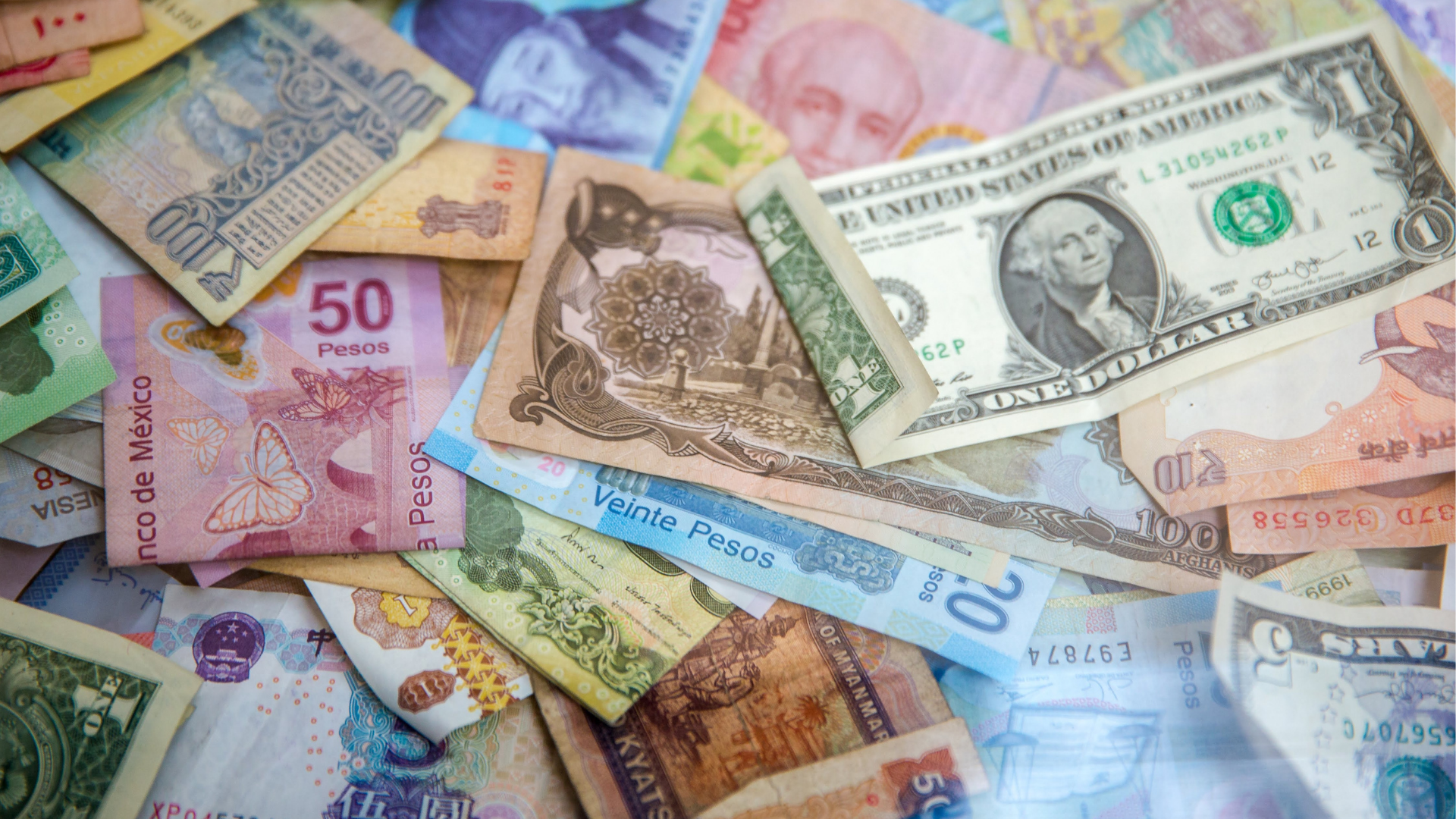I suspect few people realise that the devaluation QE has caused dwarfs that devaluation at least by a factor of 10.
We are devaluing on a daily basis.
Really?
Let's check the evidence;
BoE began QE in 2009, inflation was 2.1%.
Following years:
2010 - 3.1%
2011 - 3.7%
2012 - 2.4%
2013 - 1.9%
2014 - 0.7%
2015 - 0.5%
2016 - 1.8%
2017 - 2.7%
2018 - 2.0%
2019 - 1.4%
2020 - 0.8%
2021 - 4.8%


